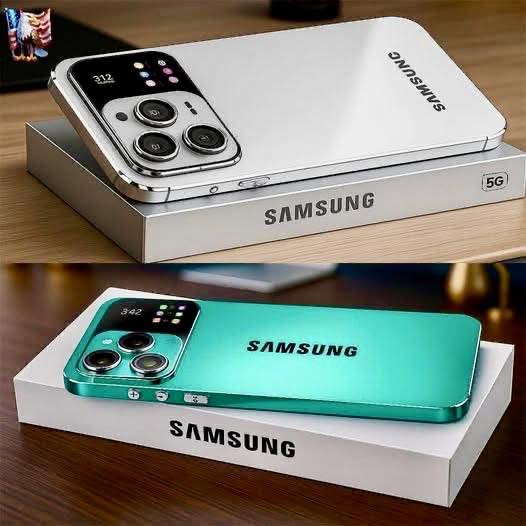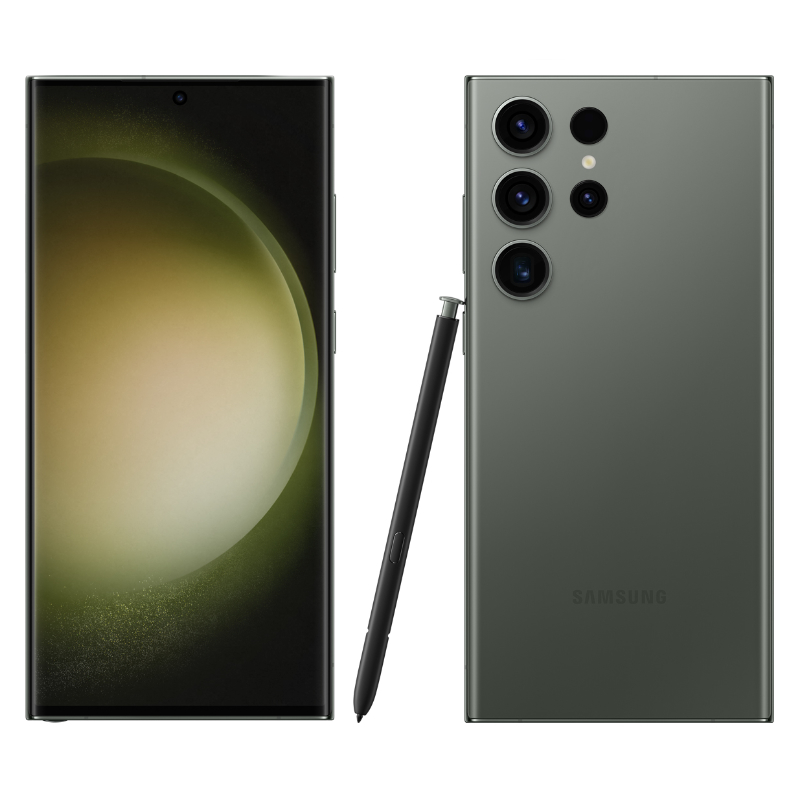SAMSUNG VISION PRO MAX — Concept Spec Tables (Speculative)
Overview
| Feature | Highlight |
|---|---|
| Name | Samsung Vision Pro Max |
| Positioning | Ultra-flagship / AI-centric device |
| Tagline | “The secret machine about to rewrite the future of tech” |
| Launch Window | Concept / early-2026 rumored |
Display & Design
| Feature | Specification (Concept) |
|---|---|
| Type | LTPO OLED, HDR10+ |
| Size | 6.9 inches (edge-to-edge) |
| Resolution | QHD+ (3200 × 1440) |
| Refresh Rate | 1–240 Hz adaptive |
| Peak Brightness | 2,800 nits (peak HDR) |
| Protection | Sapphire Glass (front) + Armor frame |
| Design | Zero-bezel glass, titanium frame, ultra-thin profile |
Performance & Platform
| Feature | Specification (Concept) |
|---|---|
| SoC | Next-gen flagship (custom Samsung/Exynos or Snapdragon 8 Gen-series variant) |
| CPU / GPU | Cutting-edge octa/tri-cluster CPU with advanced NPU and dedicated AI accelerator |
| RAM | 16 GB / 24 GB LPDDR5X |
| Storage | 256 GB / 512 GB / 1 TB UFS 4.0 |
| Cooling | Vapor chamber + graphene thermal layer |
Camera & Imaging
| Feature | Specification (Concept) |
|---|---|
| Rear Cameras | 200 MP primary (large sensor, OIS) + 50 MP ultra-wide + 10–12 MP periscope (10–20x optical) |
| Front | Under-display 40–64 MP selfie camera |
| Video | 8K60 capture; advanced computational video modes; real-time HDR grading |
| AI Features | Real-time subject separation, live background replacement, pro cinematic modes |
Battery & Charging
| Feature | Specification (Concept) |
|---|---|
| Capacity | 8,000–10,000 mAh (high-density battery pack) |
| Wired Charging | 120W+ wired fast charge |
| Wireless | 50W+ wireless charging, reverse wireless |
| Battery Tech | Smart cell balancing, adaptive longevity modes |
Connectivity & Sensors
| Feature | Specification (Concept) |
|---|---|
| Cellular | 5G Advanced (mmWave + sub-6) |
| Wi-Fi | Wi-Fi 7 |
| Bluetooth | 5.4 with LE Audio |
| Ports | USB4 / Thunderbolt over USB-C |
| Sensors | Lidar / ToF, advanced gesture sensors, ultrasonic fingerprint, face 3D mapper |
AI / Software & Ecosystem
| Feature | Specification (Concept) |
|---|---|
| OS | One UI on Android (AI-first experience) |
| AI Stack | On-device NPU for real-time generative features, enhanced voice assistant, multimodal search |
| Special | Desktop mode, AR toolkit, secure enclave for AI models |
Blogpost — Samsung Vision Pro Max: The Secret Machine About to Rewrite the Future of Tech
If whispers around the industry are anything to go by, Samsung may be preparing a device that does more than advance smartphone specs — it could change how we interact with technology. Meet the concept that insiders are calling the Samsung Vision Pro Max: a bold, ultra-flagship idea that pairs flagship-grade hardware with on-device artificial intelligence and new input paradigms. This is not a mere spec race; it’s a vision for a new era of computing in your pocket.
A design that points to the future
At first glance the Vision Pro Max reads like a design manifesto. Imagine a near-zero bezel 6.9-inch LTPO OLED display wrapped in a titanium frame and protected by sapphire or equivalent ultra-hard glass. That display isn’t just about resolution; with a 1–240 Hz adaptive refresh system and a peak HDR brightness pushing the limits of daylight usability, Samsung is designing a screen that becomes the primary canvas for everything you do — from cinematic viewing to granular on-device AI visualization.
The body is thinner than its battery would suggest because Samsung is rumored to employ stacked high-density cells and innovative thermal materials, making an otherwise heavy specification feel unexpectedly refined.
Performance destined for sustained intelligence
Under the hood, the Vision Pro Max leans into dedicated AI silicon as much as raw CPU and GPU power. A next-gen flagship SoC combined with a dedicated NPU and a custom AI accelerator means heavy ML workloads — voice understanding, real-time translation, on-device generative models — can run locally, securely, and with minimal latency.
This is important: on-device AI preserves privacy and enables instant, fluid experiences. Expect a machine that can transcribe, summarize, or contextualize what you’re doing in real time, without a round trip to the cloud.
Cameras that think as well as they capture
Samsung has long led in camera innovation, and the Vision Pro Max pushes that further. A mammoth high-resolution primary sensor paired with optical stabilization, a wide-angle module, and a periscope telephoto gives creators expansive toolsets. The twist is computational imaging fused with real-time AI: instant background remapping, cinematic lighting adjustments, and intelligent subject isolation are all on the table. Video workflows could be dramatically simplified — film on the phone, edit on the phone, publish instantly.
The battery and thermal story
A device with such ambition needs stamina. Samsung’s approach appears twofold: larger capacity using modern cell chemistry, plus adaptive battery management that learns usage patterns to preserve longevity. Fast wired and wireless charging ensure minimal downtime, while active cooling and graphene thermal layers maintain performance during heavy AI or gaming sessions.
Software, AI, and the new input layer
Vision Pro Max is as much about software as silicon. One UI shifts from primarily a launcher and app list to an AI-first assistant that understands context across apps. Gesture inputs, LIDAR-assisted spatial awareness, and multimodal interaction (voice + gesture + touch) create a more natural interface for AR overlays, advanced camera control, and productivity tasks. Importantly, many of these features can run on device, which matters for privacy and responsiveness.
Who is this for?
The Vision Pro Max targets creators, professionals, and power users who demand more than incremental upgrades. If you’re a videographer, a remote worker who needs on-the-fly transcription and intelligent meeting summaries, or someone who expects a device to seamlessly blend AR and everyday tasks, this could be the machine you’ve been waiting for.
Final thoughts: a secret machine or sensible evolution?
The Vision Pro Max reads like both — a statement of what’s possible and a sensible evolution of current trends. Whether Samsung actually ships something with all these features remains to be seen, but the direction is clear: the next generation of flagship phones will be defined not by single specs but by integrated AI, sustained performance, and richer multimodal input.
If Samsung does bring a Vision Pro Max to market, it could nudge the industry from incremental updates to genuinely new user experiences. That’s why insiders are whispering: we might indeed be standing at the edge of a new tech era.





Leave a Comment